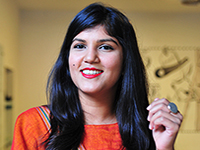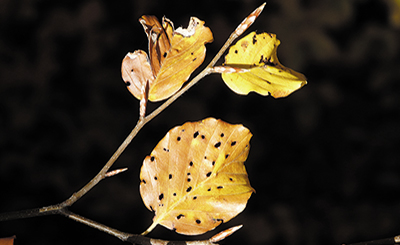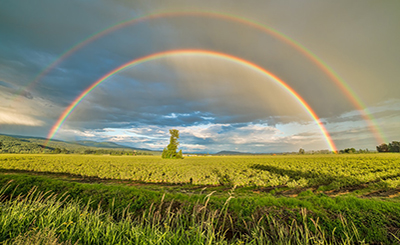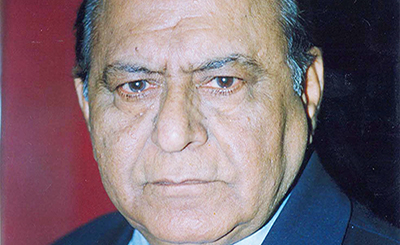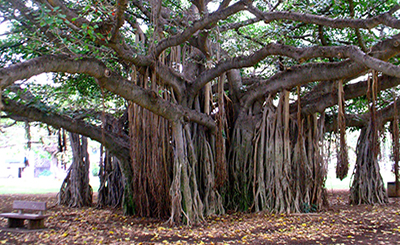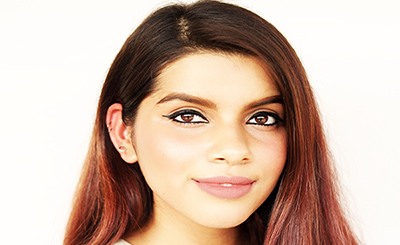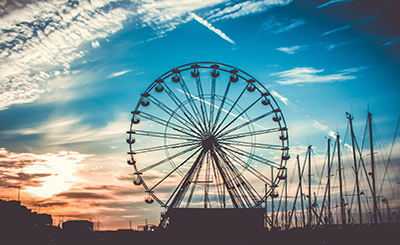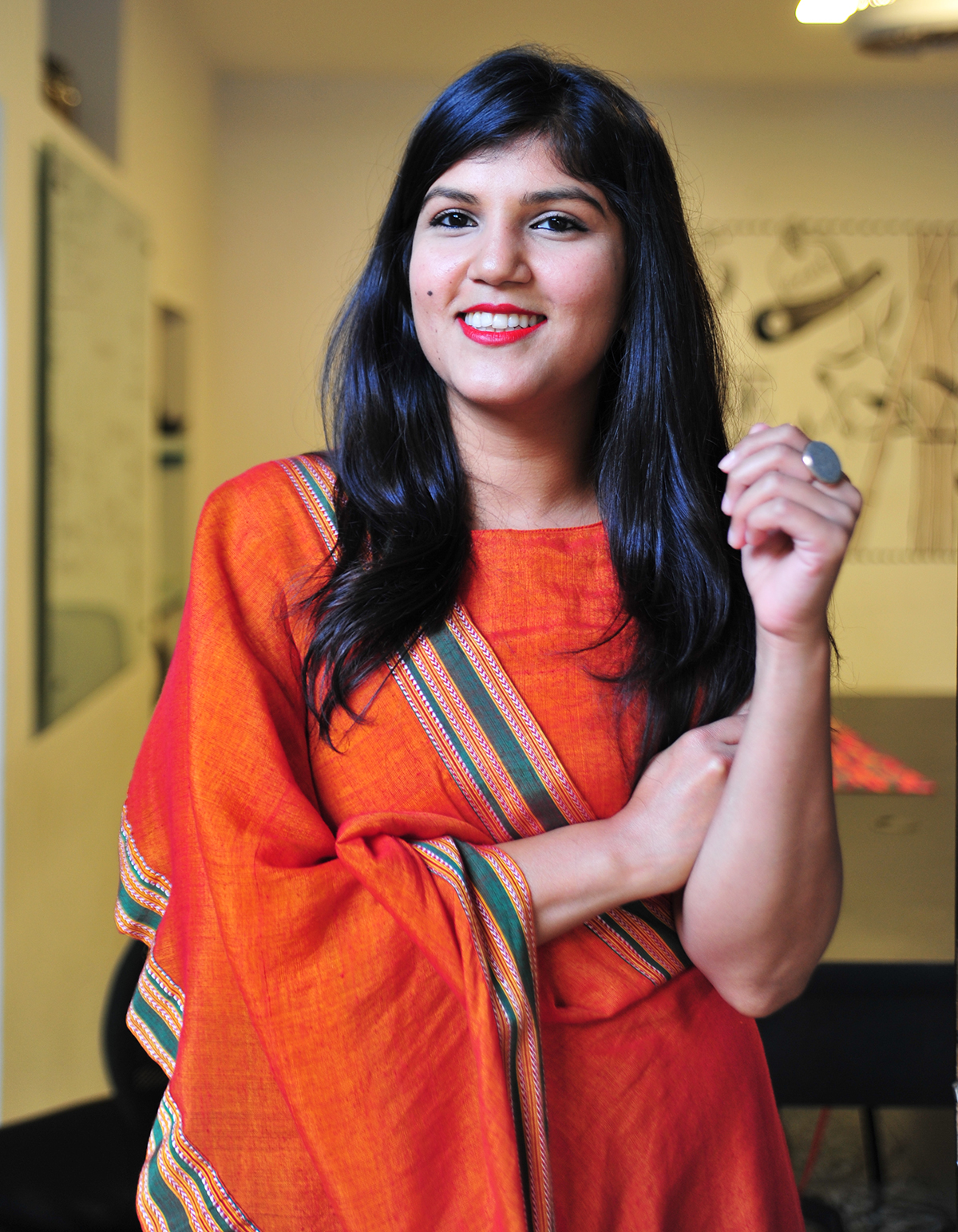
Sahar Mansoor, CEO of Bare Necessities, a zero- waste social enterprise. Photos courtesy of Sahar and Bare Necessities
I wanted to create a company that mirrored the values of zero waste, ethical consumption and sustainability. I wanted to make it easy and accessible for other people looking to consume more mindfully and to encourage others to produce less waste. Thus, Bare Necessities was born.
I think I have subconsciously been an environmentalist since I was a little girl, my love for nature was fostered spending weekends in Cubbon Park with my Dad and two big sisters, climbing trees and mostly falling off of them.
My Dad absolutely loved nature; he never missed his morning walk in Cubbon Park and holidays for our family meant road trips, stopping on the way to jump into waterfalls, swimming in the beach, early morning walks, soaking in sunsets and sunrises. Having lost my Dad when I was very little, being in nature continued to be one way of remembering him.
In my third year of college in 2012, I watched a video of Bea Johnson in Professor Chris Chapples’s World Religions and Ecology class. I remember being blown away by Bea and her family’s lifestyle but I also remember thinking to myself, she can afford to shop at “Whole Foods” or she must have a lot of free time to make her own products. I also remember conclusively dismissing it.
I couldn’t live a zero-waste lifestyle while working three jobs, maintaining my grades for my scholarship, having a fun social life and exploring my new city I came to call home.
Nevertheless, this course was a turning point in my environmental journey. It left me wanting to learn more!
I remember walking into my Dean’s office and telling Dean Zaleeza, “You don’t have the major I want,” and he smiled and said, “Okay grab a chair, let’s create one!” I added ‘environmental planning’ as my second major and took some amazing classes in environmental engineering, environmental ethics and policy! I started to think more about our trash problem — the thing about trash is that, we are so caught up in this web of convenience that we don’t think about our personal trash and often attribute it to a larger global problem that we have no control over.
The only time we think about trash is when we see or smell it stinking up our neighborhood.
The truth is that our trash problem is much worse than that for our environment and our health.
Amy Korst rightly said, “Trash is intimately connected to every environmental problem we face today, from climate change and habitat destruction to water pollution and chemical exposure. It’s also intensely personal and impacts every decision in our daily lives, including everything from how much money we spend to how much weight we gain.”
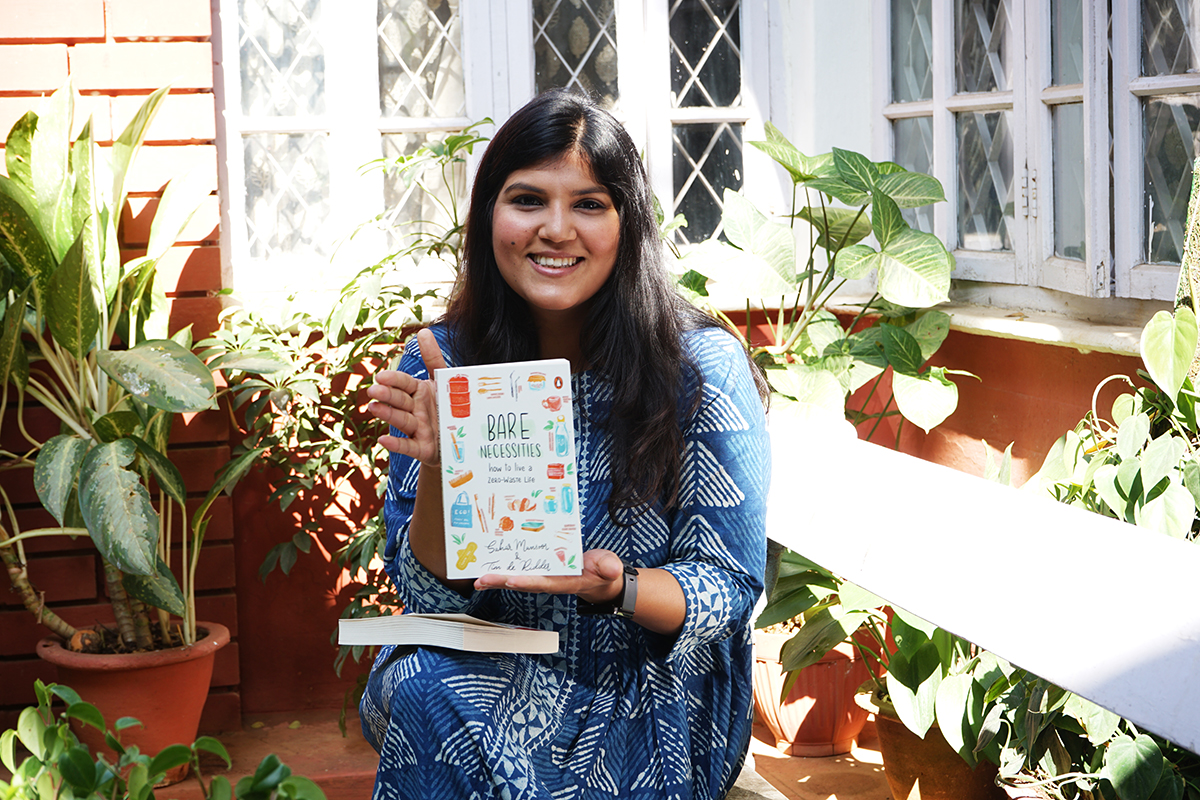
We are subjects of this urbanisation-globalisation era and we are so caught up in this web of convenience that we don’t think about a plastic water bottle that we use for five minutes that then takes 700 years to start decomposing in the first place- of course in the process leaching harmful chemicals into our soil and water, the same soil you are consuming your fresh veggies from!
Really, where is the plastic you threw out actually going? What tiny piece of plastic is actually in the sushi you are eating for dinner tonight?
So far, waste to me was of course an environmental issue and a health issue — looking at it through my Cambridge and WHO (World Health Organisation) lenses. But moving back home, forced me to think of our waste problem as a social justice issue.
Moving back to Bangalore in 2015, I was working at a solar energy social enterprise called SELCO Foundation — working on energy solutions for the underserved. One community I was working with was this community from West Bengal, who were waste pickers. I spent time shadowing them and what I was most confronted by was the social justice issues of our waste problem!
Every day thousands of waste pickers segregate broken glass, sanitary napkins and needles all with their bare hands. I wanted to stop being part of the problem.
When I first faced the facts, I couldn’t believe how something as innocuous as our garbage could be negatively connected to so many of my personal and political concerns.
I wanted to stop being part of the problem. I had to address my own trash problem first. My solution — live a lifestyle that best reflects the values I cared about. I had called myself an environmentalist for about six years at the time. I studied environmental planning, environmental policy and environmental economics in college and graduate school, but I thought I needed to live a life more congruent to my environmental and social justice values. I needed to walk the talk.
My obvious resources when I started off were Bea and Lauren’s blogs, but importantly, were also conversations with my grandma — asking her what she did before shampoo started being sold in a plastic bottle?
A lot of our Indian traditions are actually rooted in ecological practices or what we now can call ‘zero waste practices’. Our stainless steel Indian ‘tiffin’ is an example of an Indian tradition that is celebrated by the zero waste movement. It has its origin from 18th century British India. It involves a whole range of dishes and equipment and, above all, of suppliers... the tiffin wallahs of Bombay. This to me is an exemplary example of zero waste creating 5,000+ jobs, and supporting community health by delivering home cooked meals to over 2 lakh people — all without producing any trash! None of the food delivery apps of this start-up India era can even compare!
I started taking my first few steps in April 2015. The transition was incremental, for instance when I ran out of soap instead of buying store-bought ones, I would experiment and eventually learned how to make my own. However, I am still not completely zero waste — and I doubt I ever will be. It is good to know your boundaries.
In my zero-waste journey, I realised we lived in a world with landfill-destined products.
Toothbrushes, for instance — 4.7 billion of them end in the landfill every year, and take 200-700 years to start decomposing. So every toothbrush you and I have ever produced is sitting on our planet somewhere!
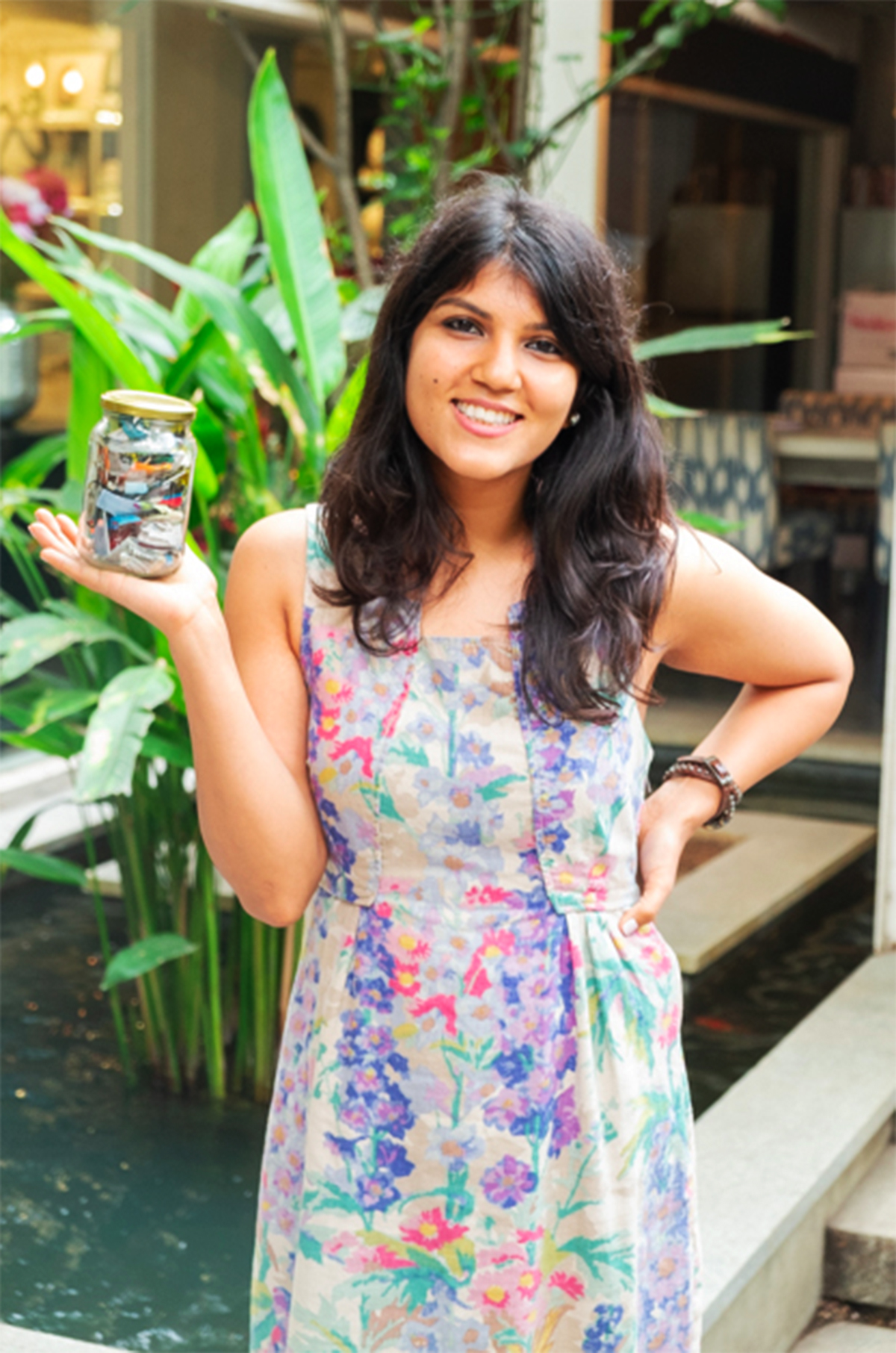
In response to this problem, I wanted to create a company that mirrored the values of zero waste, ethical consumption and sustainability. I wanted to make it easy and accessible for other people looking to consume more mindfully and to encourage others to produce less waste. Thus, Bare Necessities (BN) was born.
At Bare Necessities, it’s not just about selling products. It’s about encouraging an earth friendly lifestyle.
In the larger sense, BN seeks to change the narrative on waste in India.
In the future, Bare Necessities seeks to become an interdisciplinary hub, a home for product designers to design products with a cradle to cradle philosophy, a place for policy analysts to work with local government on policy recommendations to manage our waste better, to reduce our waste. A place for behaviour economics, ecologists, researchers and consumers alike to build the ecosystem towards a circular economy.
The main aspect that sets us apart is the focus on zero waste packaging for products that really embody Indian culture, traditions, raw materials and nature that surrounds us. We really focus and try our best in using a people-centered and earth-centered approach to address serious flaws in manufacturing, distribution, and consumption by innovating and providing sustainable solutions to waste, and identifying problems that more companies need to address if they want to be innovative and socially-conscious. Our approach to making zero waste the norm isn’t just products. We want to educate those who are purchasing or those who are curious, what zero waste even means, and why we should consider transitioning! For this reason, our talks + workshops and our online learning hub allows us to educate those around us what is happening in the world today. It’s one aspect to advertise conventionally and sell products to customers, but the method we take is educating people so the desire to transition to a low-waste lifestyle comes from within, a more genuine desire.
This piece is part of The Women’s Issue, curated by Shireen Quadri
More from The Byword
Comments
*Comments will be moderated



